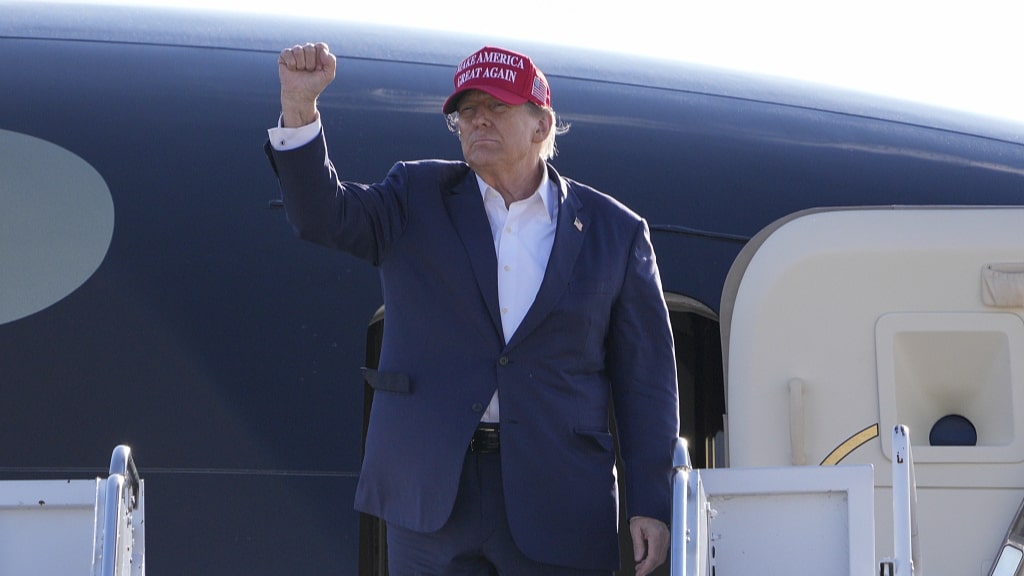Former U.S. President Donald Trump achieved a significant victory on Monday as a mid-level state appeals court granted his request to pause a $454 million civil fraud judgment. This decision came with a condition, Trump must post a reduced $175 million bond within 10 days.
The ruling serves as a temporary relief, preventing New York state authorities from initiating steps to seize his assets, a prospect that loomed large over Trump due to his financial constraints.
Trump’s legal team had expressed concerns about the potential necessity to sell assets quickly at discounted prices to meet the initial bond deadline, emphasizing the financial strain Trump faced.

However, with the granted delay, Trump gains breathing room to gather the required funds and post the bond, averting immediate asset seizures.
Despite this legal victory, Trump continues to grapple with an array of legal challenges and financial pressures. The court’s decision provides a respite in one aspect of his legal battles, but it doesn’t absolve him of accountability in the broader context.
The former president faces multiple criminal trials and hefty civil judgments while simultaneously facing his political ambitions, seeking to challenge Democratic President Joe Biden in the upcoming election.

The civil fraud judgment stems from allegations that Trump inflated his net worth to secure favorable loan and insurance terms. His legal battles extend beyond this case, including defamation charges and allegations related to his attempts to overturn the 2020 election results.
These legal entanglements underscore the complexity of Trump’s legal situation and the stakes involved as he continues his political endeavors.
As Trump maneuvers through these legal challenges, the pause on the civil fraud judgment offers a temporary reprieve, but the broader legal landscape remains fraught with uncertainties and complexities.














